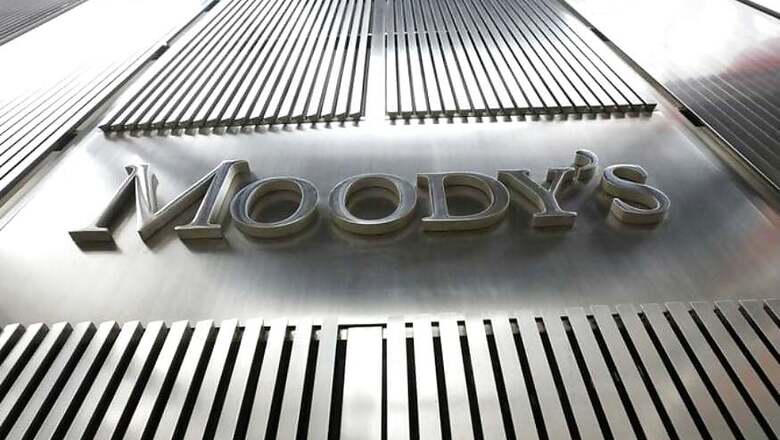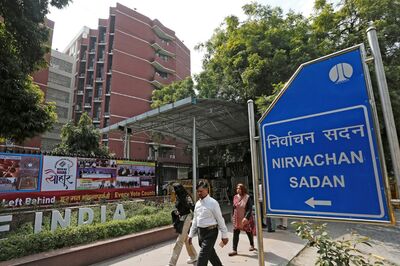
views
Moody's Investors Service on Thursday said the coronavirus-triggered global recession will continue to put pressure on non-financial companies in Asia-Pacific, and negative credit trends will persist through the rest of 2020.
It said although fiscal and monetary stimulus programmes in both advanced and emerging markets have helped stabilise financial markets and provided temporary relief to companies, operating performance and financing capability of companies are vulnerable to financial market shocks, particularly if a second wave of infections results in renewed lockdowns.
"We expect the recovery from this recession to be prolonged, although the easing of lockdown measures should support a gradual recovery in H2. The ability of businesses to recover will depend on the pace at which consumer demand rebounds, which in turn hinges on governments' ability to restore confidence by reducing fear of contagion," Moody's Group Credit Officer and Senior Vice President Clara Lau said.
Moody's said the outlook remains highly uncertain for all Asia-Pacific (APAC) economies, with pace of recovery uneven across all countries.
"The coronavirus-triggered global recession will continue to pressure Asia Pacific nonfinancial companies, with negative credit trends to persist through the rest of 2020," Moody's said.
The rating trend in June quarter of 2020 remained negative across Moody's Asia-Pacific rated corporate portfolio, although the number of negative rating actions has decreased.
Moody's took 86 negative actions in April-June, down from 120 in January-March. Of the 86 negative actions, 18 are sovereign-driven negative rating actions related to India's sovereign downgrade.
Excluding sovereign-driven actions, metals and mining, energy and property accounted for the most among the negative actions, with each sector receiving nine. There were no positive rating actions in April-June.




















Comments
0 comment